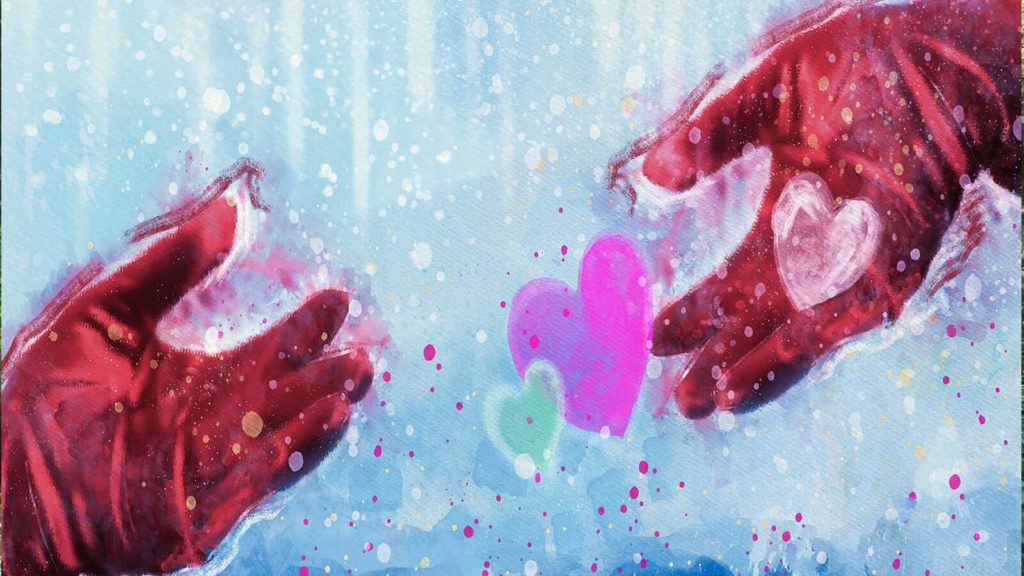When we talk about love, we think about giving. When we love a person, we are naturally generous with our time, resources, and affection. Through these tiny explosions of giving, we assure them of the depth and breadth of our love. However, on the other hand, we can show and express love by requesting and receiving.
No week is complete without me speaking to my mom at least once. Our calls are usually during the weekend and are the major highlight of my stressful, almost 7-day work week. We talk about everything from the cats and writing to prayers and what is happening in Nigeria. As I am an information hub, she sometimes calls me out of the blue to verify important information like birthdays, past travel dates, etc. On this mellow Wednesday evening, after watching an annoying episode of Jane the Virgin, I noticed I had missed two calls from her. As I was about to call her, a call came in from her.
“Uche, kedu? How’re you?” I could hear the smile in her voice.
“I’m fine, ma,” I replied, relieved that nothing was wrong.
“I was calling you to ask if it is correct to say “comprises of” or just “comprises” alone.” At my groan, she laughs, “Don’t worry. When you didn’t pick, I checked online.”

When my dad was alive, he was the one these calls went to. It wasn’t like she couldn’t check it herself, but asking him was an exercise in love. On his part, it was the same. My parents were academics, so it was not uncommon for them to work on projects simultaneously. But they had a structure: my mom was better with numbers, so she handled the statistical parts (usually chapter three), and my dad, as the wordsmith, dealt with the proofreading and editing.They could independently handle these projects from start to finish, but this system enabled them to bond over the things that mattered to them.
Scientific evidence supports the premise that reception (of help and gifts) makes the giver like you more. This phenomenon is eponymously called The Benjamin Franklin Effect, as he used it to win over a rival legislator. Benny won a lifelong friendship by asking the other man to do him a favor and thanking him after the favor had been done. A 2016 study by Jecker and Landy further proves that receiving gifts and favors makes the giver like you more. The giver’s brain thinks, “Since giving is an act of affection, I probably like this person.”
While I teased her for looking for an excuse to call, I realized that there is an interdependence that comes with love. You are willing to be vulnerable with that person and show them you want them and want to need them. And they, too, are that way with you. By receiving help (or gifts) from them, you show them you love and value the energy they bring to your life. This is why parents send WhatsApp BCs of “medically-approved” health tips to their children in the medical field—and follow up to ensure they implement these tips. It is why financially buoyant people get excited when a partner buys them a gift. With these actions, the other person is effectively saying, “I see you, I love you, and I will always be there for you.”
I have come to look forward to these calls from my mom. Even when I don’t know the correct answer, I distract her while I google it on my laptop (not my finest moment, but all’s fair in love). It doesn’t matter that I am 4000 miles away from her, as I confirm that communication has one “m” or help her edit an important text message, I feel closer to her.
Like what you read? Check out Beyond the Physicality of Love: Review of the Swan Princess (1994) and The Unicorn Called Unconditional Love to read more about my views on love







